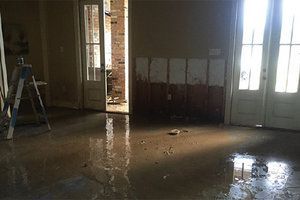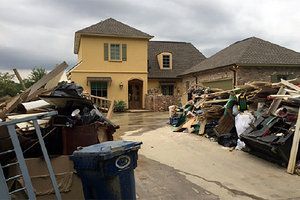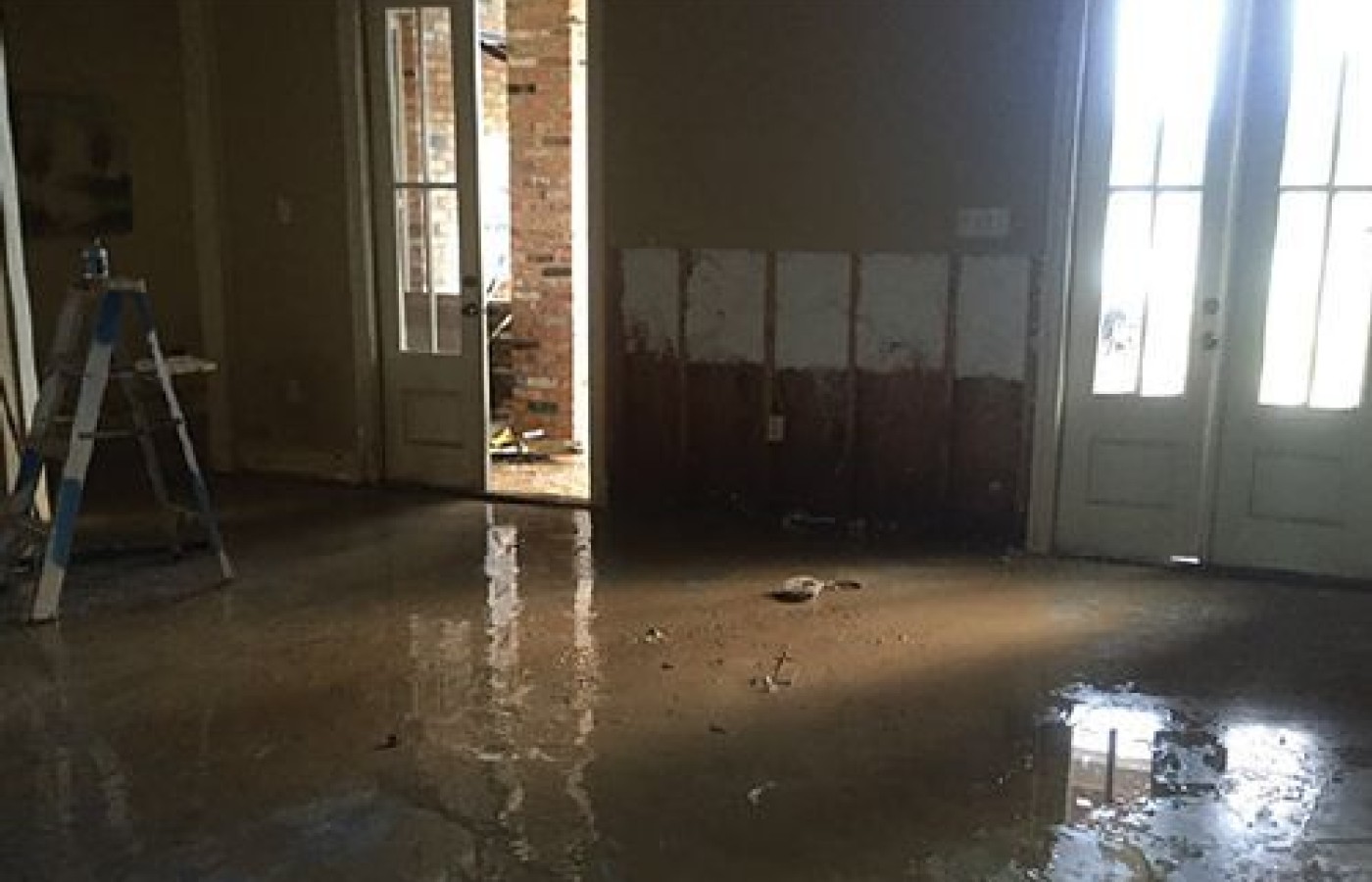It’s a new year and many chiropractors are evaluating what will enhance their respective practices, particularly as it relates to their bottom line. One of the most common questions I get is: “Do I need to be credentialed to bill insurance, and what are the best plans to join?” It’s a loaded question – but one every DC ponders. Whether you're already in-network or pondering whether to join, here's what you need to know.
Another Chance to Make a Difference
Just a few months ago, "the worst natural disaster to strike the United States since Hurricane Sandy" hit Louisiana. During this storm, one area experienced 31 inches of rain in 15 hours as almost 7 trillion gallons of water rained down in just one week across the state. The U.S. Coast Guard, National Guard and other emergency responders rescued more than 30,000 people. Neighborhoods were flooded, damaging an estimated 40,000 homes. Many people lost most of what they had – with little chance of recovery.1
Only two months later, Hurricane Matthew began its rampage along the shores of Florida, Georgia and South Carolina. As I write this article, entire towns are still underwater and the death toll continues to climb. The total damage has yet to be fully assessed, but it will be staggering.2
In situations such as these, your first reaction is to check on family and friends to confirm their safety. My brother in Lafayette, La., lives in an older neighborhood that was on higher ground, away from the August flooding. But many people in his city we much less fortunate.

If you are in the midst of these disasters, you focus on your own family, your own home and your own clinic first. Many DCs in these areas are facing substantial losses, with the inability to continue practicing until their personal situation is dealt with.
As a profession, our first duty is to support our fellow doctors who have been victims of these events. This can be accomplished by monetary donations, donating equipment and providing a place to live and/or practice if you are in a nearby town.
But in the midst of the loss and heartache, there is the opportunity to extend compassion and support to the community as well. From train wrecks to the World Trade Center disaster, doctors of chiropractic have repeatedly demonstrated their compassion through fund-raising and providing care.3-4
It is not easy to interrupt your life for the sake of people you don't know, but it's part of being a health care provider. Like medical doctors, nurses and emergency support personnel, we are part of the team that takes action when disaster strikes the people in our area.
This should be something we are known for. We should see ourselves as the caretakers of the health of the people around us, particularly when a disaster strikes.
While there are undoubtedly numerous efforts to address local needs by the DCs in these recently affected states, we were contacted by Dr. Charles Herring of Baton Rouge, La. Dr. Herring's home was also flooded.

But in the midst of his own challenges, Dr. Herring asked that we make an appeal for those in his community that were struggling more than he was. His local church is actively involved in collecting funds that will be dispersed to those in need. (Please visit http://newdaychristiancentre.org/ for more information.)
It will be years before many of the people impacted by these events will be able to rebuild their homes and lives. Those less fortunate will likely be forced to abandon their houses and start over somewhere else. For these people, a little can mean a lot.
Reaching out to address the needs in your community, whatever they may be, is something that probably won't make you famous or even bring you new patients. It will cost you time and money – sacrifices that may never be recognized. It is part of being a doctor.
But if it should it happen, what better reason to be cited in the local newspaper?
References
- "Louisiana Flood: Worst US Disaster Since Hurricane Sandy, Red Cross Says." CNN.com, Aug. 19, 2016.
- "Hurricane Matthew: Days of Disaster Unfold Under a Cloudless Sky." CNN.com, Oct. 16, 2016.
- "DC Assists in Train Disaster." Dynamic Chiropractic, April 22, 1996.
- Deutchman G. "My World Trade Center Experience - A Diary." Dynamic Chiropractic, Oct. 22, 2001.
Read more findings on my blog: http://blog.toyourhealth.com/wrblog/. You can also visit me on Facebook.



